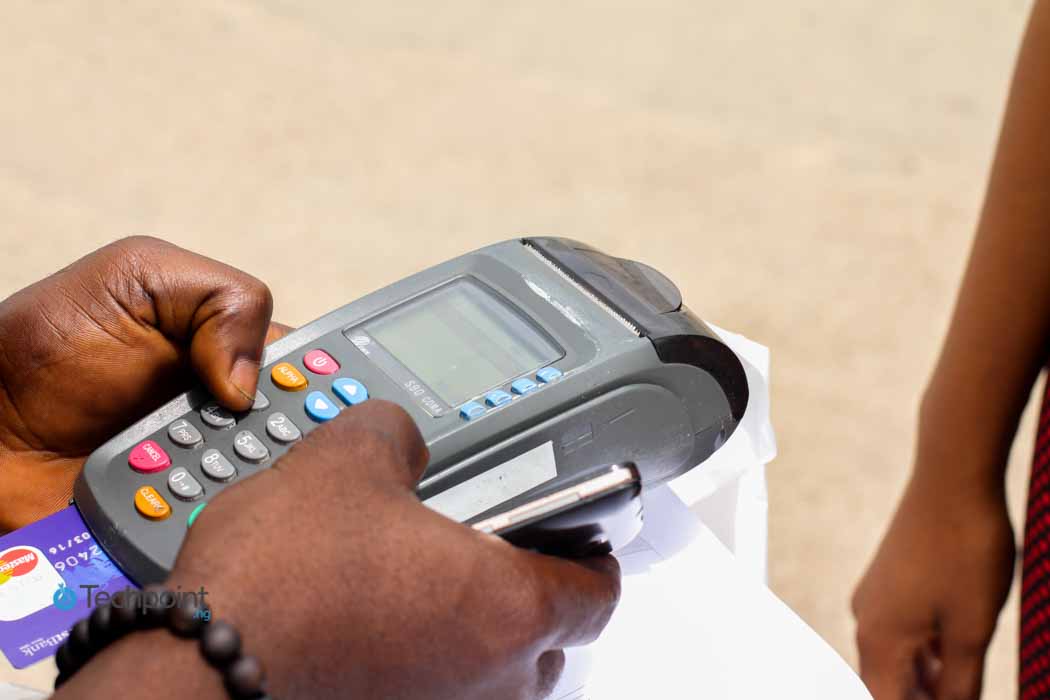Editor’s note: This is the third in a series of Legal Advisory content created by Olaniwun Ajayi LP in partnership with Techpoint.
The number of internet users has grown rapidly in the course of the last quarter of a century. Indeed, in Nigeria alone there are over 48 million active internet users and much of their online activity may be described as ‘electronic commerce’.
The scope of electronic commerce, otherwise known as eCommerce, is wide and has been defined to include “commercial transactions conducted electronically on the internet” or, alternatively, as “the buying and selling of information, products and services via the computer networks which make up the internet”. eCommerce is not, however, restricted solely to the actual buying and selling of products but also encompasses both pre-sale and post-sale activities.
Simply put, eCommerce is a relatively new, technologically advanced, mode of doing business, whether locally or on the global stage. eCommerce offers a faster, more efficient and more cost effective way to do business while, at the same time, providing a much broader marketplace in which potential buyers and sellers are able to trade goods and interact with one another. However, for all the advantages and benefits offered by eCommerce, its growing adoption as the preferred means of doing business in Nigeria also gives rise to a number of key concerns, paramount of which, is the adequacy of the legal framework within which business transactions are concluded online.
It is vitally important, in an emerging economy such as Nigeria’s, that the technological advances that facilitate growth do not outpace the laws and regulations required to give sufficient legal protection to stakeholders. Legal issues that may arise in the context of eCommerce transactions, and for which a robust legislative response is often required include:
- the extent to which communication between parties is protected (data protection);
- the time of formation of a contract online;
- legal means of effecting payment online; and (iv) concerns around the conflict of laws.
The popular conception, in Nigeria and abroad, is that not enough has been done in the area of regulating eCommerce in Nigeria. However, while much work remains to be done, recent progress has, in fact, been made.
Following the coming into force of the National Information Technology Development Agency Act, 2007, (NITDA Act) eCommerce regulation now falls under the scope of authority of the National Information Technology Development Agency (NITDA). The NITDA Act establishes the NITDA as the regulatory body responsible for, inter alia, the development of framework rules for the governance and monitoring of the exchange of data and conduct of transactions online. Pursuant to its mandate NITDA has, since its creation in 2007, issued a number of guidelines for the purpose of regulating the eCommerce industry, and additionally, in pursuit of its wider objective to formulate a national policy in respect of all issues relating to information technology. A recent example of constructive regulation issued by NITDA is its Guidelines on Data Protection (September 2013) which, if implemented successfully, will go some way towards ensuring privacy and raising confidence between parties to e-commerce transactions.
A further, more specific and comprehensive, legislative initiative in respect of eCommerce regulation is the Electronic Transactions Bill. Notably, this Bill has been passed by both houses of the National Assembly (indeed, it was one of the 46 Bills infamously passed by the Senate in 10 minutes on 3 June 2015), but is yet to receive Presidential assent and as a result is not, as yet, in force. The Bill, once passed, is intended to facilitate, promote and regulate eCommerce transactions in Nigeria. Key themes of the Bill include the protection of personal data, and the rights of consumers. Once passed into law, the Bill will, inter alia, secure the viability of eCommerce in a number of ways, including:
- providing that transactions entered into online are not denied legal effect, validity and enforceability solely on that basis;
- guaranteeing the validity of electronic signatures provided that they are endorsed in accordance with guidelines produced by the NITDA;
- further strengthening the data protection regime started by the Agency; and (iv) developing guideline for the formation of agreements online.
Thus, while the regulation of eCommerce in Nigeria may still be said to be in its infancy, it is nevertheless undoubtedly the case that Nigeria is on a path towards the development of a robust regime for the proper regulation of online eCommerce activity.
About the Author: Adedamilotun Aderemi is an Associate in the firms practice dedicated to new growth areas of the economy including startup advisory and eCommerce.






